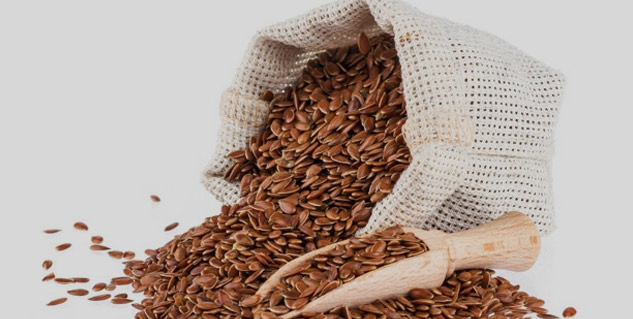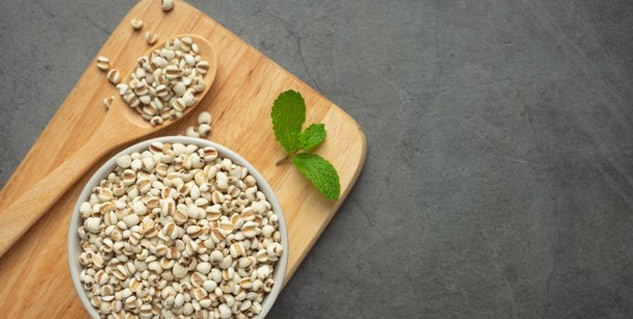
‘Food is for the soul’- this genuine urge to consume sumptuous food items amid those gleaming lights of Diwali drives the ultimate happiness drive among most of us. Festivals in India seem just empty if there is not an array of relishing edibles laid down at the dinner table. This approaching Diwali season is all about being proactive, from Diwali cleaning to decoration, there will be myriad activities that will lead to tiredness. Those decadent dishes laid on the plates will be the only saviours pleasing our minds and hearts, but we must watch out for the after-effects of the food items we consume. In order to avoid mindless eating, it is important to start replacing fried snacks with superfoods.
Decoding nutritional benefits of superfoods
Superfoods refer to the dietary substances that provide maximum nutritional benefits for minimal calories. They contain vitamins and antioxidants in large numbers that satisfy the body and mind with enough consumption of nutrients. According to health expert Vikas Chawla, Founder and Director, Vedas Cure, superfoods are mostly plant-based foods but also include fish and some dairy products. The foods that benefit the person internally, promote health, and prevent the body from sickness and diseases fall in this category. A healthy balanced diet supplies enough nutrients to the body, to work effectively as the body needs a certain amount of calories and nutrients to stay fit and healthy. Superfoods can be fruit, vegetable, seed, and can be nuts that are higher on the nutritional scale. According to the ancient medical system, Ayurveda, here is a list of foods rich in minerals and help in boosting immunity.
Kusum
As the tribals call it in Sonave, is a wild, uncultivated fruit that grows in the forests of Maharashtra, all over India and Southeast Asia. The fruit is a rich source of energy and a good source of protein. The Kusum fruit is look-alike a small plum and has a sweet-sour and playful taste.
Also Read: Eat These 9 Superfoods This Festive Season
Flax seeds

Flax seeds promote inner wellbeing. A single spoon of flax seeds contains enough numbers of carb, protein, calories, fiber, Omega-3 fatty acid, calcium, iron, and other nutrients too. It is rich in dietary fiber, a full of flax seeds contain 3 gms of fiber, which is enough for the daily recommended intake. Other seeds like Chia seeds, Pumpkin seeds, Melon seeds, Lotus seeds have other nutritional properties.
Millets
Millets are the powerhouse of multiple nutrients including zinc, copper, vitamins, calcium, and anti-oxidants. It provides sustainable energy and leaves the person full for a long day. Millets regulate blood sugar spikes and are rich in iron and calcium to maintain healthy blood levels. It regulates the blood glucose level, and is good for heart health, promotes digestion, and helps in weight loss.
Also Read: Unleash The Hidden Benefits of Cinnamon For Skin

Cinnamon
One of the most common spices found in Indian kitchens. It is also a high source of antioxidants and has anti-inflammatory properties, helpful in a good digestion cycle. It has powerful medical properties as it fights against infection and repairs tissue damage. It helps to fight against daily fungal and bacterial infections.
Conclusively, superfoods are not only about omega 3 fatty acid or fiber-rich food but more than that. They significantly promote a healthy lifestyle but the high intake of superfoods can be harmful. An individual should have superfoods as a part of the daily diet but not as the only edible items to fulfill their appetite.
Image credits- freepik







